Únase a getAbstract para acceder al resumen.
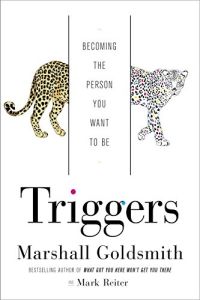
Únase a getAbstract para acceder al resumen.
Marshall Goldsmith and Mark Reiter
Triggers
Creating Behavior That Lasts – Becoming the Person You Want to Be
Crown, 2015
¿De qué se trata?
Prevent your triggers from controlling or ruining your life. Pause, think and change.
Recommendation
Famed executive coach Marshall Goldsmith presents a blueprint for achieving the most difficult thing any adult can do – changing your personal behavior. He and co-author Mark Reiter explain why your “environment” makes change so difficult. They warn of situations, events and people – even sounds – that can set you off, derail your efforts to change and cause reactions you come to regret. Negative behaviors can make you miserable. Few adults succeed in making significant behavioral change, but this manual describes how to do it by understanding your triggers and taking control of them. Filled with folk wisdom, this heartfelt guide – by the authors’ admission – states and restates the obvious to reinforce its lessons. You may have heard some of this advice before, but following it is what matters. getAbstract recommends this manual’s simple tools for successful personal change. It can help almost anyone who resolves to improve.
Summary
About the Authors
Executive coach Marshall Goldsmith teaches at Dartmouth University’s Tuck School of Business. His previous bestsellers, also co-authored by Mark Reiter, include What Got You Here Won’t Get You There and Mojo.









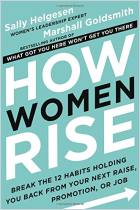
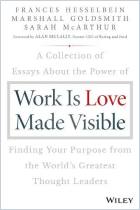


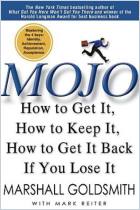

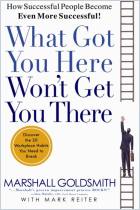
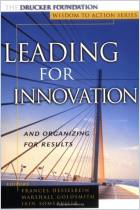














Comment on this summary